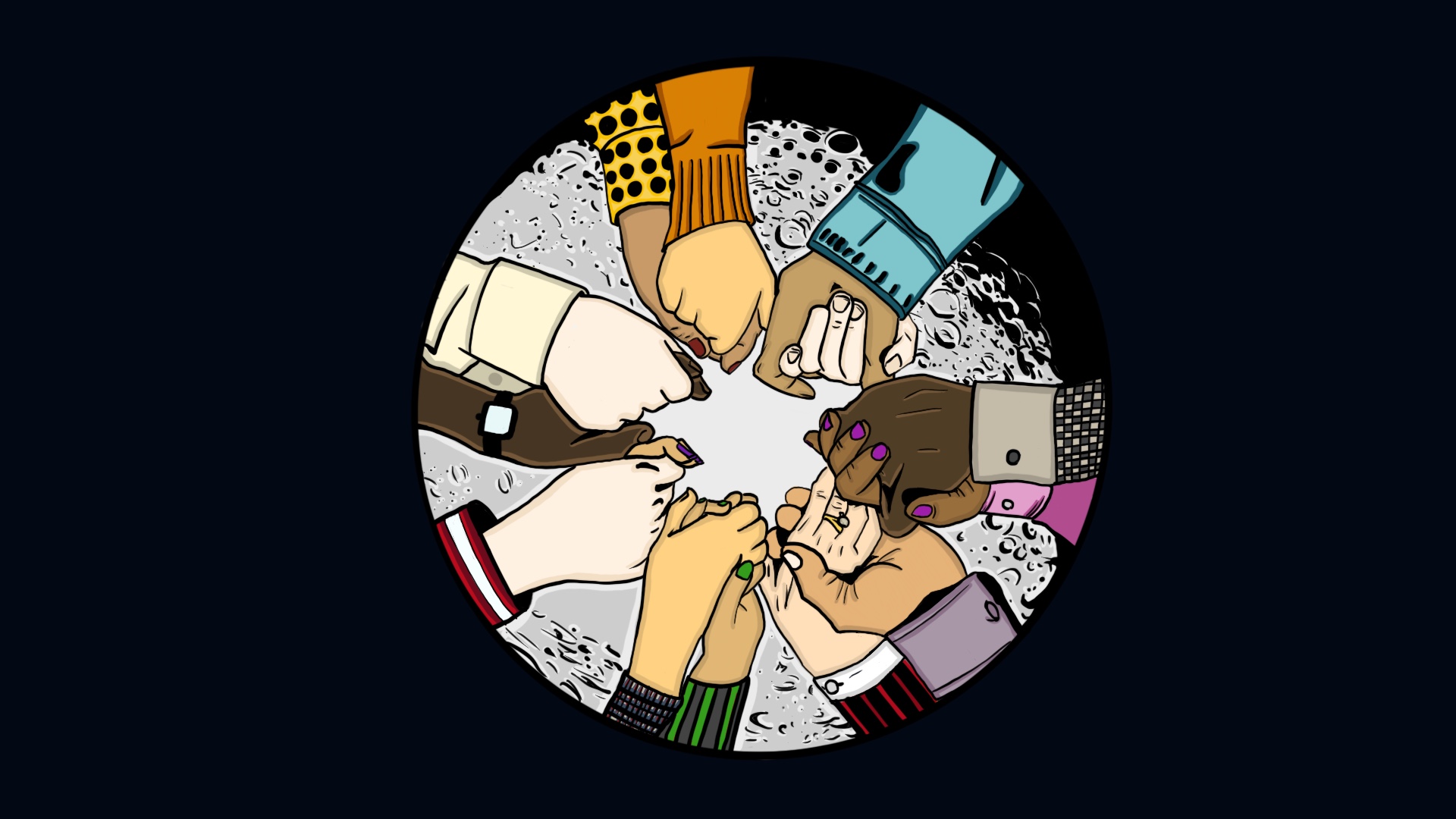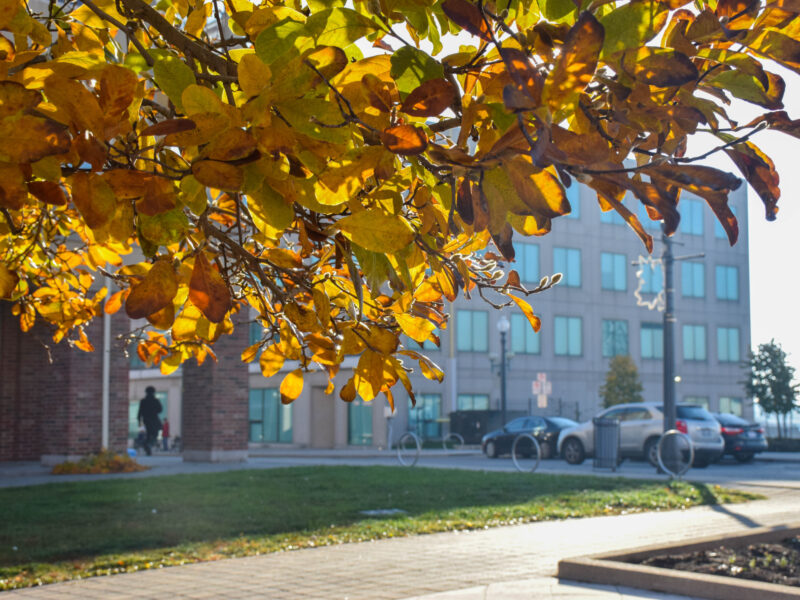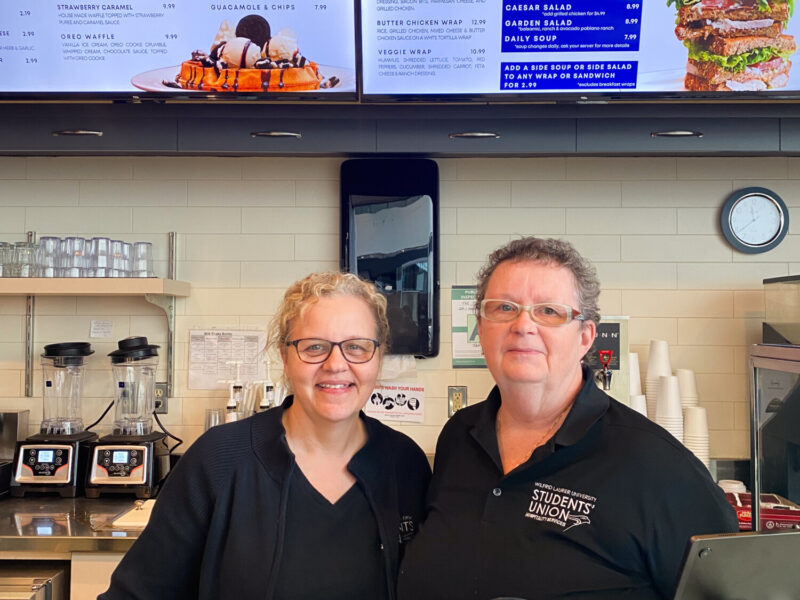From Monday, Sept. 23, to Tuesday, Sept. 24, students and scholars collected in the Carnegie building for the fifth-annual Social Justice Forum, listening to researchers discuss their thoughts and findings regarding social justice activism, the current state of racism and discrimination, as well as what is currently being done to overcome these issues.
This year’s Keynote speech was given by Rosalind Hampton, a professor of colour, scholar and activist, who works with the Department of Social Justice Education at the University of Toronto.
Her talk, entitled “Racialization and Resistance: Black People, Black Studies, and (Anti)Blackness in Canadian Academia,” took place on the second day of the forum. Hampton was also responsible for facilitating the three-hour long workshop on Monday.
A number of researchers who were present at the event, including Paige Grant, Azka Choudhary and Joey Lee, allegedly found themselves disappointed because this is the fifth forum that has taken place with very little to no impact being made.
“We worked very, very long on this research study and no action is in effect,” said a member of the research team during the forum.
A number of these researchers were once students at Wilfrid Laurier University, and upon recognizing the disproportionate number of black faculty members, had decided to do research in hopes of creating social and systemic change.
The forum promoted a call to action, asking for a safe place for students to speak openly about personal issues in partnership with Diversity and Equity Office (D.E.O) and the Office of Indigenous Initiatives (O.I.I), anti-racism equity training to all staff members, strategies in classrooms and on-campus to overcome oppressive racial issues and using the D.E.O and O.I.I. as tools of support on every syllabus to provide a resource to students who face racism on campus.
Grant, Choudhary and Lee went out to conduct interviews and gather surveys, producing a hard copy of a “Research Study”, and shared their findings with faculty members and students in Monday’s workshop.
Grant spoke about the overwhelming amount of international and domestic students who have faced racism on the grounds of Laurier.
The study noted that 70 per cent of responding participants have experienced racism and 71 per cent have witnessed racism.
It also notes that racism can happen anywhere in the community, including walking to class, on residence, talking with professors, in the classroom or in various student associations. It impacts an individual’s mental health, relationships, productivity and work/school daily interactions.
As researchers spoke about the recurring severity of the overly oppressing nature of racism, Hampton asked a question to the listeners: “Put up your hand if you are currently a student at Laurier.”
After every student in the room put up their hand, Hampton then asked, “now, how many of you have black professors?”, resulting in no hands being raised.
“I am just sick of hearing all this talk. Clearly there are mountains of racism happening on campus. Enough with the back-and-forth chit chat. Just do it,” said a social justice student.
Lee categorized a number of different types of racism that students have and continue to experience and witness on university campuses, like Laurier’s, including: street harassment, stereotyping, tokenism, systemic racism, racial profiling and cultural insensitivity.
The forum promoted a call to action, asking for a safe place for students to speak openly about personal issues in partnership with Diversity and Equity Office (D.E.O) and the Office of Indigenous Initiatives (O.I.I), anti-racism equity training to all staff members, strategies in classrooms and on-campus to overcome oppressive racial issues and using the D.E.O and O.I.I. as tools of support on every syllabus to provide a resource to students who face racism on campus.
“We want Laurier to know that administration is aware of the racial discrimination that exists on the Laurier campuses. The administration at Laurier is extremely lacking in terms of their dedication to the racial injustices faced by students, staff and faculty,” said a member of the research team during the forum.
“Hire racial diverse groups in our school, in our libraries, offices and in classrooms. Just do it. Hire more Black folks. Hire more Indigenous folks. Hire more people of colour.”




